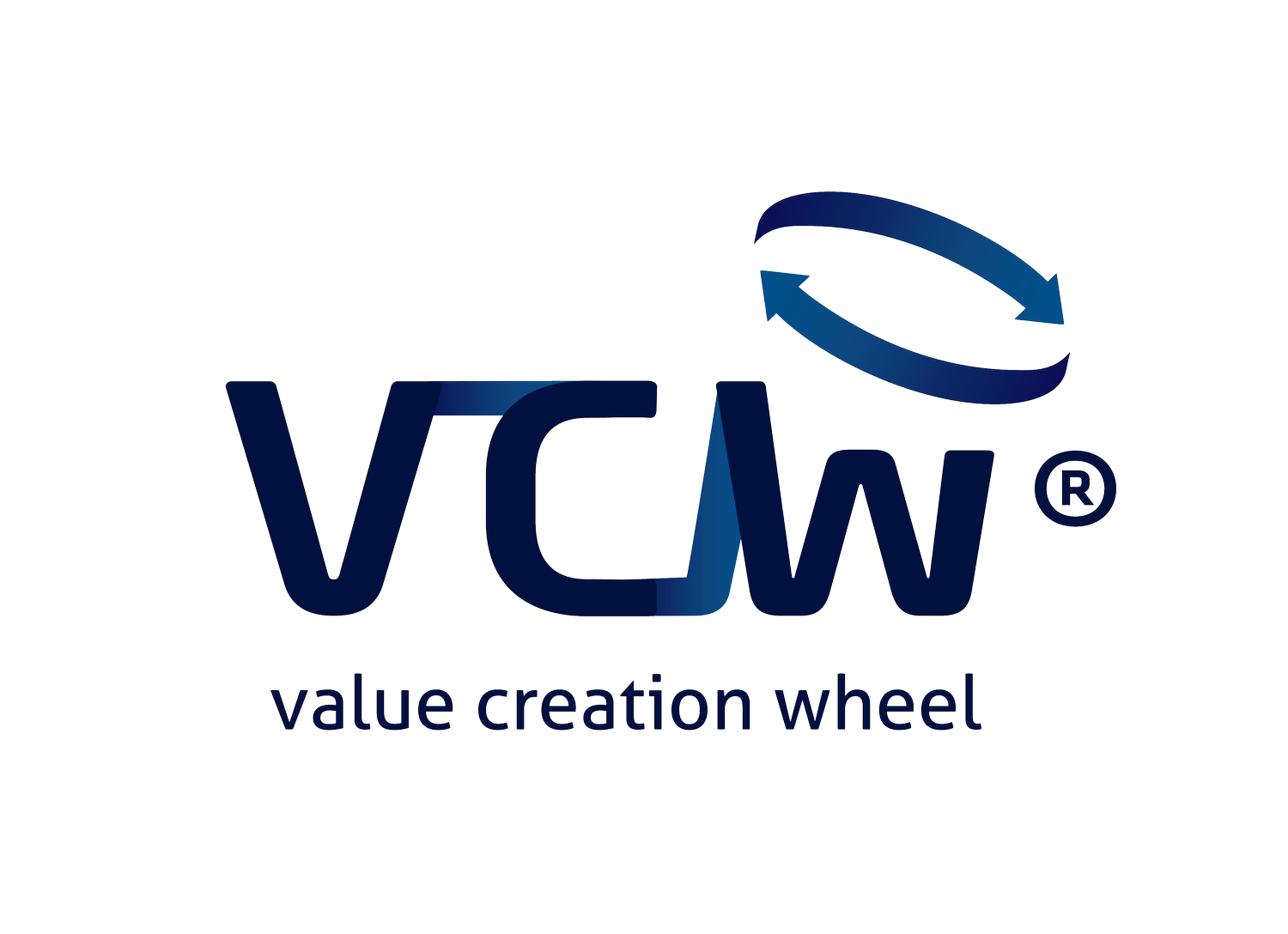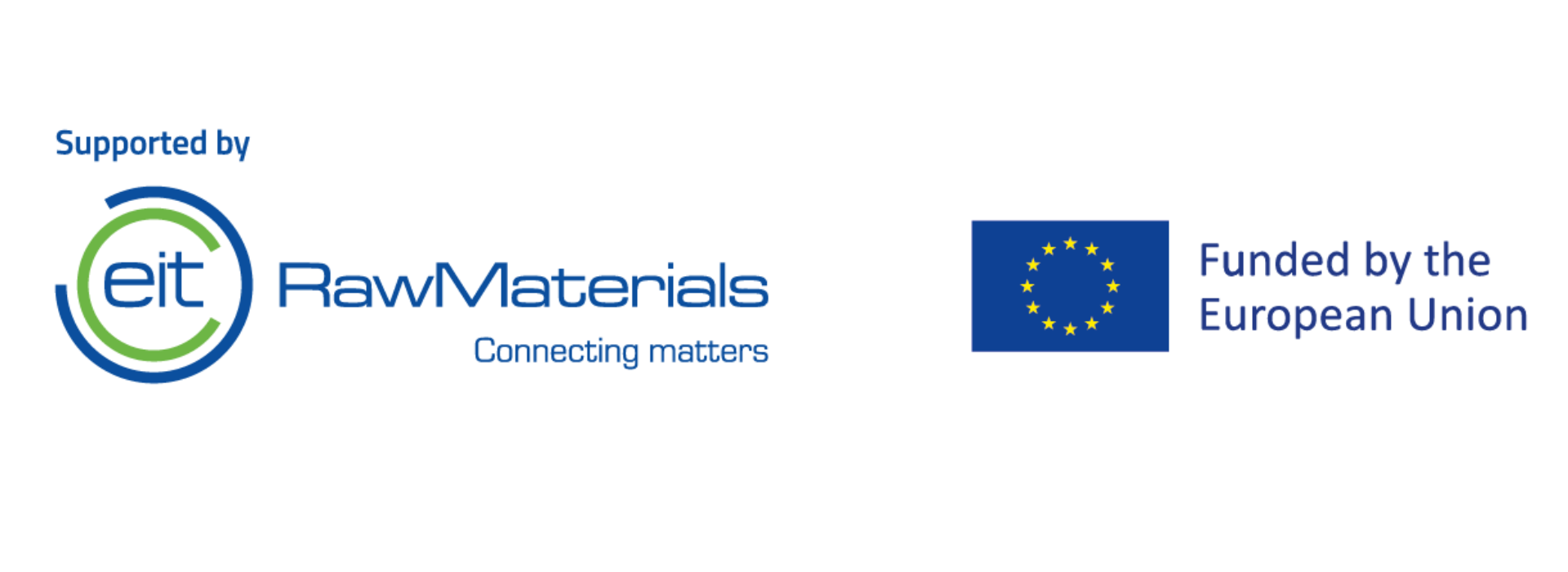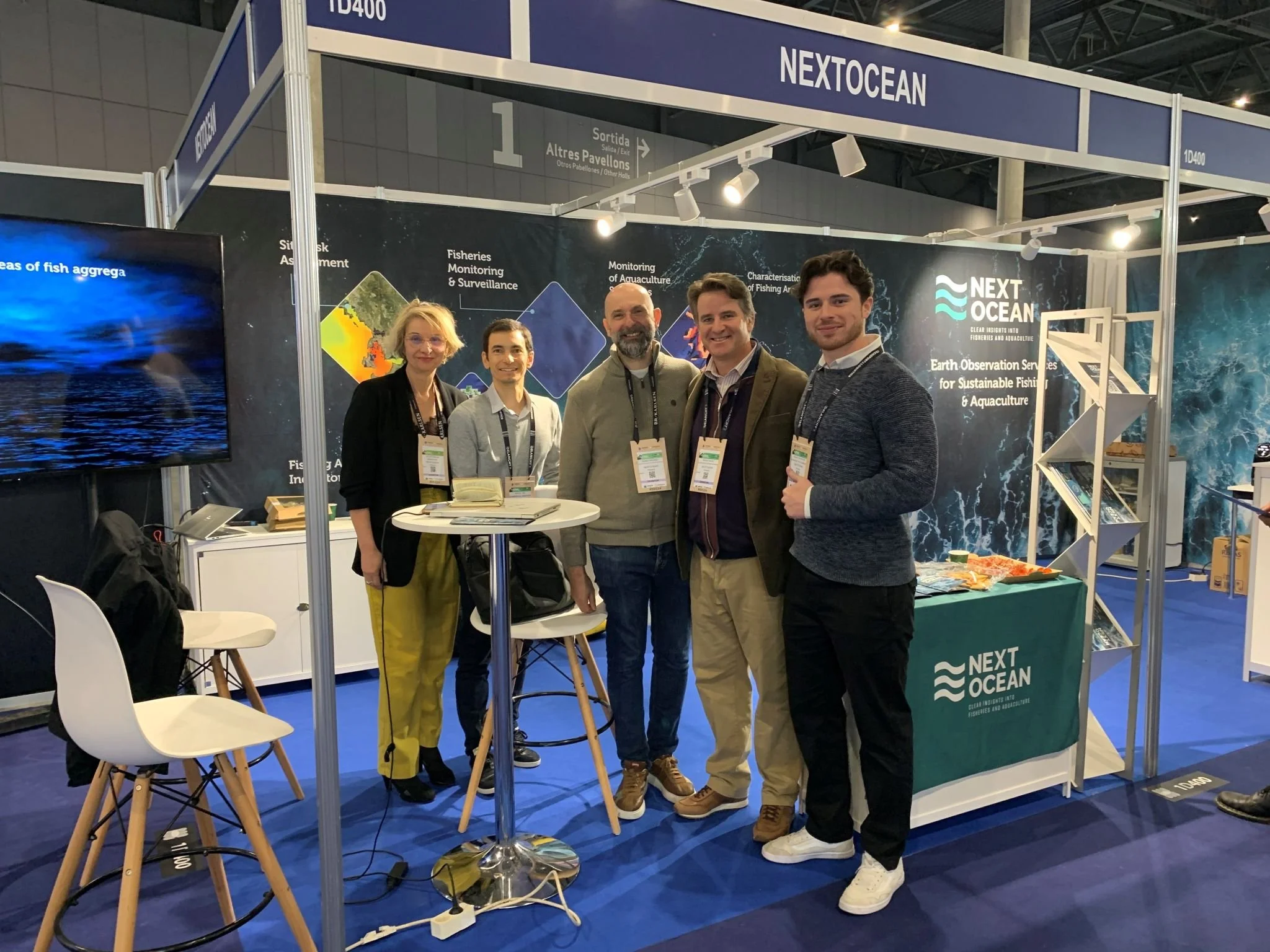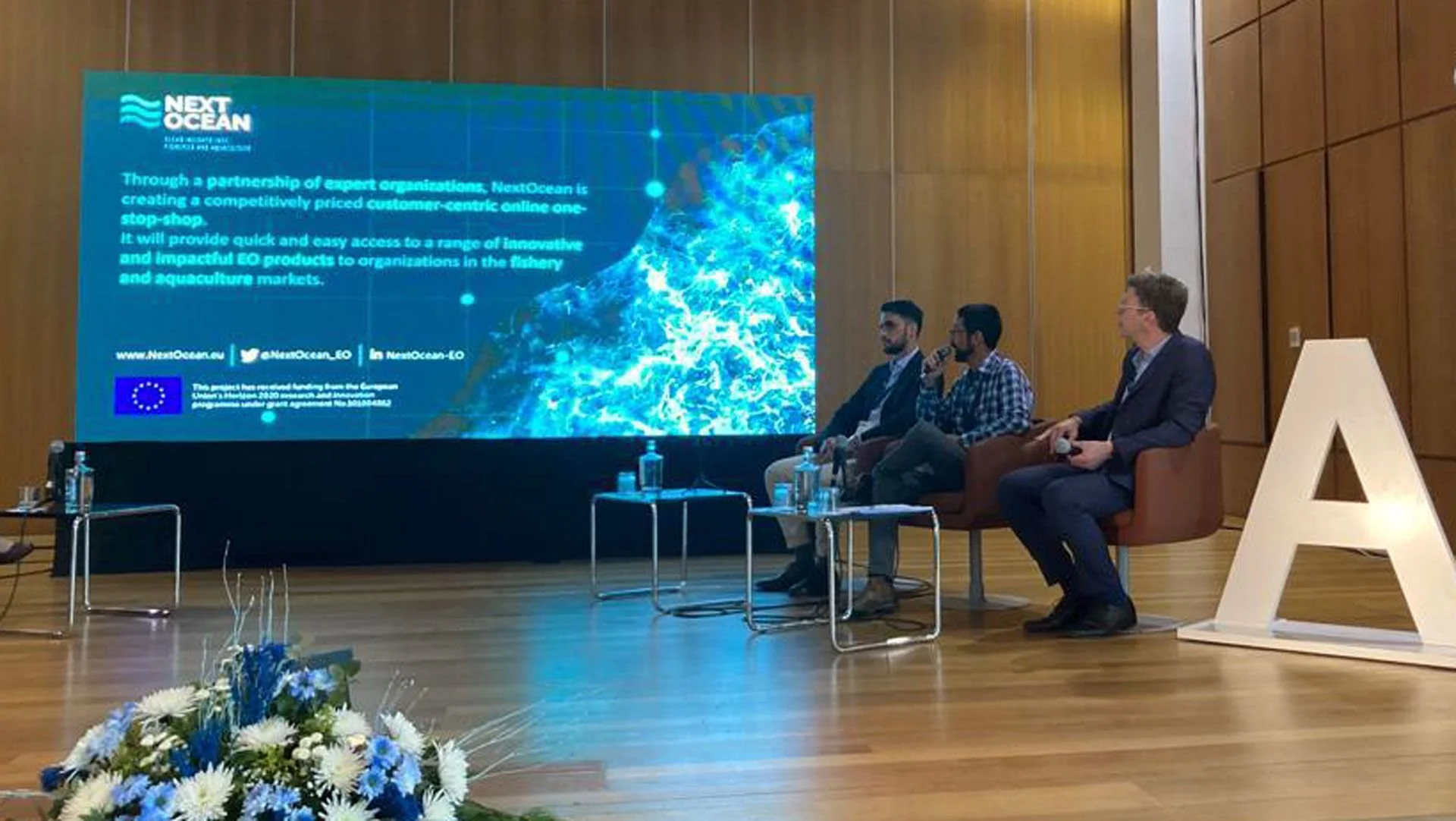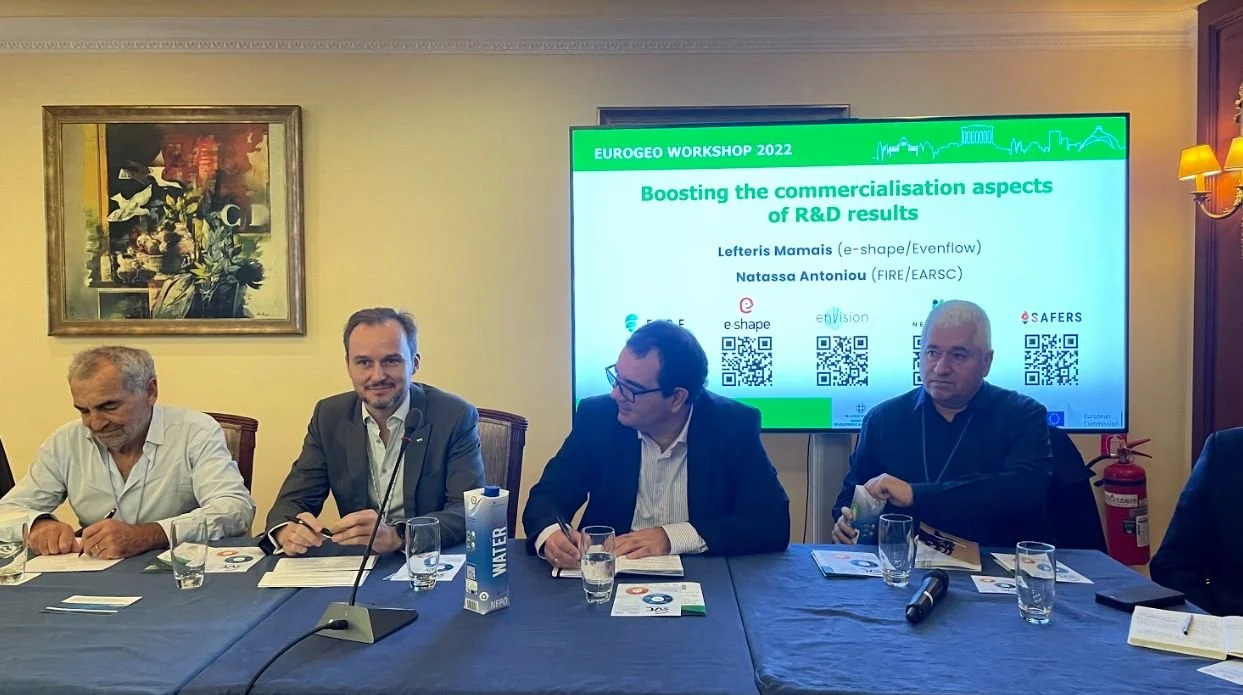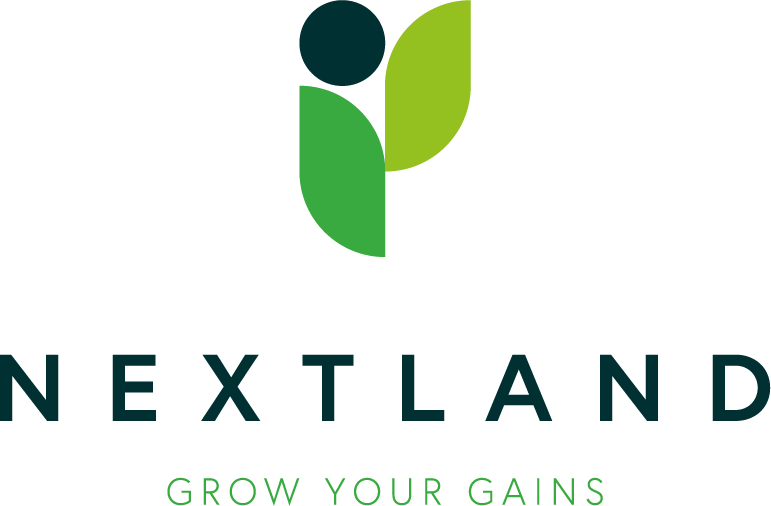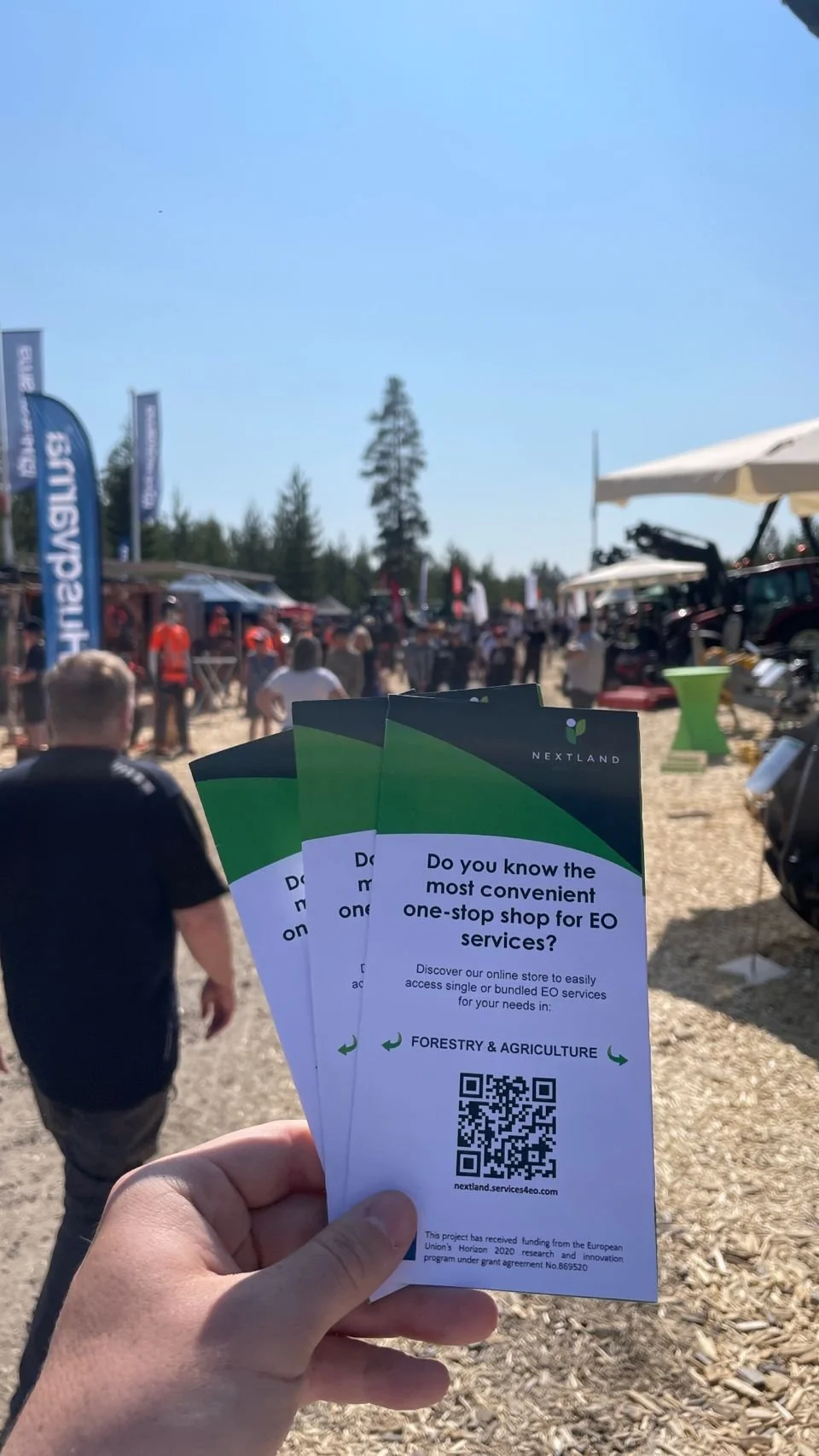
EU Projects
ImpactWheel
April 2025 - April 2027
The ImpactWheel Project, funded by the EIT Higher Education Initiative, aims to strengthen entrepreneurship and innovation capacity across European universities and regions. The project brings together academic institutions, businesses, and innovation actors to co-develop new models of collaboration and knowledge transfer.
The VCW Lab plays a pivotal role as the methodological backbone of the consortium, ensuring that decision-making and innovation processes follow transparent, participatory, and impact-driven principles. Through the Value Creation Wheel (VCW), the project identifies institutional challenges, defines success criteria, and aligns partners around measurable outcomes.
During its initial phase, the VCW methodology was instrumental in:
Generating strategic ideas for enhancing innovation ecosystems;
Structuring and prioritizing initiatives using shared filters and KPIs;
Establishing governance mechanisms for long-term collaboration.
Key Results:
60+ ideas generated
10 partners engaged
3 strategic priorities identified
By integrating the VCW into its core activities, ImpactWheel sets a new standard for responsible, evidence-based innovation in higher education.
NextOcean
May 2021 – June 2024
NextOcean, funded by the European Commission under the Horizon 2020 – Space Programme, aimed to enable the sustainable exploitation of aquatic resources through Earth Observation (EO) technologies. Coordinated by Deimos Engenharia (Portugal), the project united 16 partners from 7 European countries, including research institutes, industry players, and public authorities.
With a total budget of €3.6 million (EU contribution of €3 million), NextOcean developed innovative monitoring services for fisheries and aquaculture, enabling better control of marine resources, ecolabeling certification, and assessment of aquaculture impacts.
The VCW Lab at Nova SBE led Work Package 5 – Technology Transfer and Commercialization, applying the Value Creation Wheel (VCW) to align technical innovation with market and societal needs. Through the VCW Sprint and Funnel processes, project partners prioritized commercialization pathways, stakeholder engagement strategies, and impact criteria to ensure sustainable adoption of EO-based services.
Key Results:
250+ participants engaged
16 partners from 7 countries
20+ solutions co-designed
This project has received funding from the European Union’s Horizon 2020 research and innovation programme under grant agreement No.101004362
NextLand
June 2020 – November 2023
NextLand, funded by the European Commission under Horizon 2020 – Societal Challenges (Climate Action, Environment, Resource Efficiency, and Raw Materials), developed next-generation Earth Observation (EO) services for agriculture and forestry. Coordinated by Deimos Engenharia (Portugal), the project brought together 13 partners from 9 European countries, including universities, private companies, and research institutions.
With a total budget of €3.42 million (EU contribution of €2.81 million), NextLand aimed to co-design 15 operational commercial EO services supporting sustainable agroforestry. The project leveraged Copernicus and GEOSS data to improve decision-making and productivity in land management through seven use cases involving farmers, forest producers, and consultancy firms.
The VCW Lab at Nova SBE led Work Package 5 – Technology Transfer and Commercialization, applying the Value Creation Wheel (VCW) methodology to transform research into market-ready services. VCW sessions guided partners in identifying opportunities, defining evaluation filters, and selecting high-impact innovations for commercialization.
Key Results:
250+ participants engaged
13 partners from 9 European countries
20+ solutions co-designed
This project has received funding from the European Union's Horizon 2020 research and innovation programme under grant agreementNo 869520
